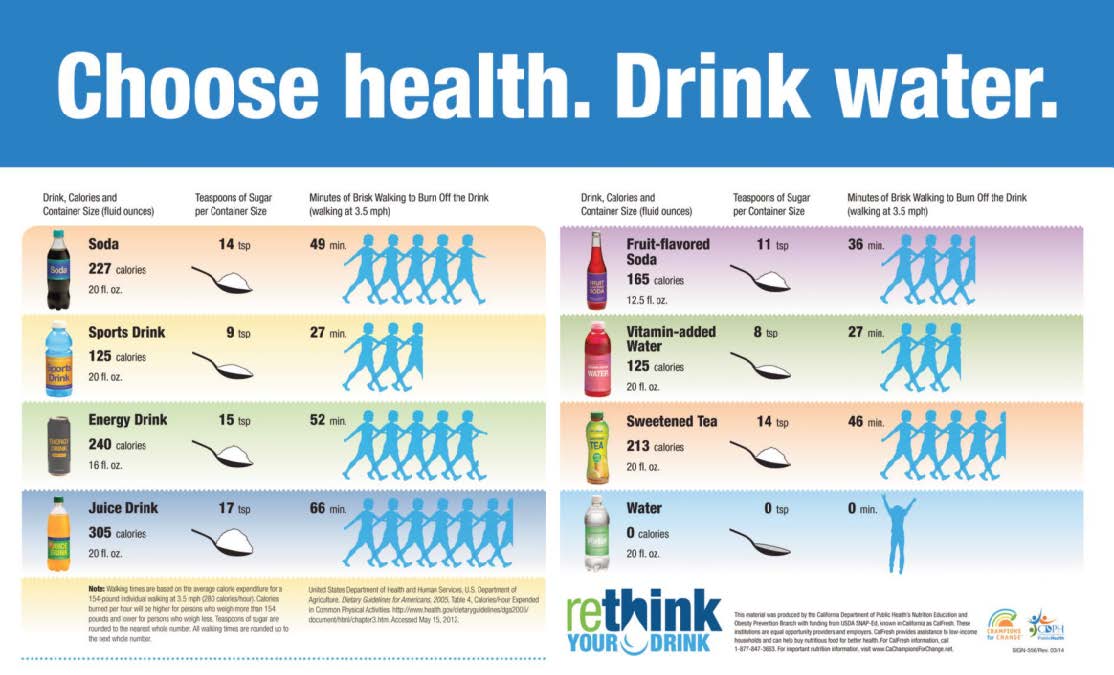can sit and enjoy looking in the water if s/he is unable to help row. Again, life jackets would increase safety because there is always the risk of falling into the water. And fishing can be therapeutic – and catching something is always fun. even if it gets thrown back into the water. See if there is anywhere to go horseback riding locally. There are centers that are equipped to accommodate people with disabilities, so call and ask. Horseback riding has many therapeutic benefits, and children can also learn about how to be around large animals. Look for opportunities to play sports! If there are local wheelchair sports camps or festivals, check them out. Even if participating is not physically possible, or maybe your child is not willing to try playing, then make it a family activity to follow the local team. Go cheer on the players and support them. A word of caution: obviously the summer temperatures can get quite hot. If your child has difficulty regulating body temperature, or has any autonomic dysfunction that makes sweating difficult, plan ahead on how to manage this. Have ice packs and cold drinks on hand. Know where there is shade or an air-conditioned building nearby, should you need respite. If your child has a sun sensitivity,
“If your child has difficulty regulating body temperature, plan ahead and have ice packs and cold drinks on hand. Look for umbrella or awning options, and know where there is an air-conditioned building nearby.”
look for umbrella and awning options that can provide that shield that may be enough to allow you to be outside. I hope everyone enjoys their summer and can find ways to be active. Seek out the activities you can do, rather than all the activities that you cannot. •
THE FITNESS PRIORITY
Kristin McNealus, PT, DPT, ATP received her Masters in Physical Therapy from Boston University then went on to earn her Doctorate in Physical Therapy from MGH Institute of Health Professions. She has been a staff physical therapist on inpatient rehabilitation for people with spinal cord injuries at a number of hospitals in Southern California, as well as Director of a community adaptive gym for people with neurological injuries. She is a member of the International Network Spinal Cord Injury Physiotherapists, and has contributed to the APTA Guidelines for Exercising with a SCI. She has completed 3 marathons, and 25 triathlons, including the Ironman! SCI Total Fitness is designed to promote health and wellness for people with physical disabilities.
